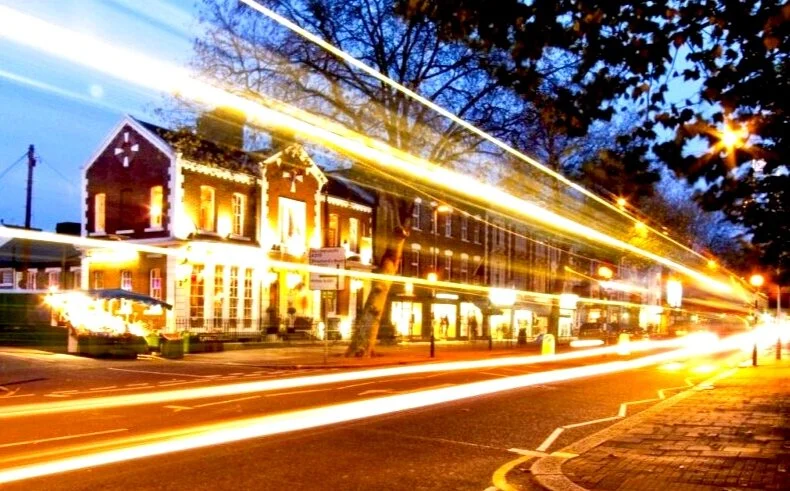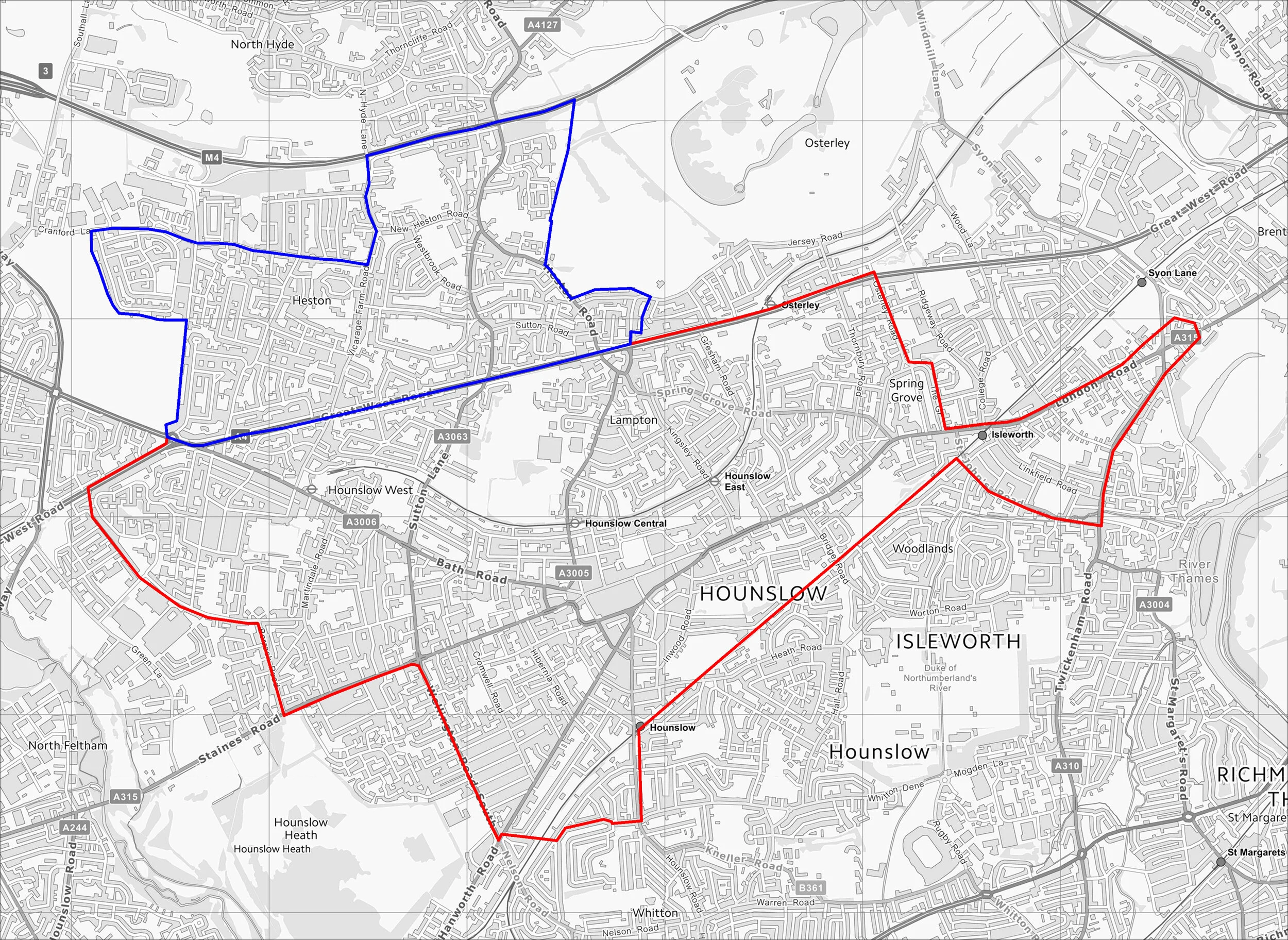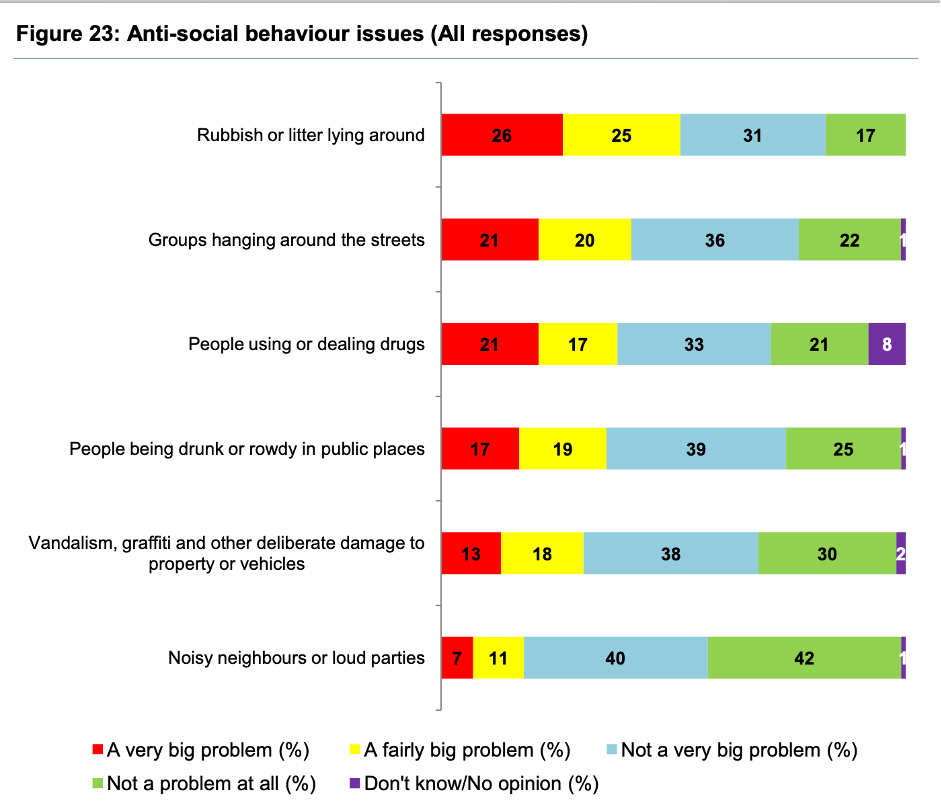Client: London Borough of Hounslow
Project: 2020-25 Licensing Policy and Cumulative Impact Assessment
What were MAKE asked to do?
Having supported the London Borough of Hounslow in its 2015 licensing and cumulative impact research, MAKE was asked to go further this time and work with the head of licensing to deliver the entire process: starting with briefing members and undertaking the cumulative impact assessment, through to writing the council’s 2020-25 Statement of Licensing Policy, ensuring councillors, stakeholders and residents were at the heart of the process.
How did MAKE do it?
1. Key to the overall success was supporting councillors and the Licensing Committee through the entire process, which involved:
Briefing councillors on the licensing review process, the new legislation since 2015, the legal requirement for cumulative impact assessments (see below) and best practice approaches.
Reporting back to Licensing Committee the findings of the cumulative impact assessment, public consultation process and explaining the changes in the draft policy we had drawn up.
Refining the draft Statement of Licensing Policy into a final policy after capturing committee and stakeholder feedback.
Working closely with chair of the Licensing Committee to develop a policy that would find support amongst colleagues of different parties.
Presenting at final Licensing Committee and Full Council to ensure successful adoption of the policy.
2. For the Cumulative Impact Assessment (CIA) we undertook the following:
24-hour observation sessions throughout the borough of known hotspots for problems linked to the customers of licensed premises and to identify any new areas of concern.
Photographed and catalogued street drinking sites and detritus. We then mapped these hotspots, including many that the council was unaware of.
Worked with local community groups to verify their evidence of negative impact and explain to them the licensing process and its limitations.
Partnered with the council’s crime and business analysts to source and analyse data from the police, internal council teams (noise, environment, cleansing), public health and turning this into maps and charts explicating that data.
Engaged with stakeholders from all external organisations, including licensees and businesses to understand any issues they had with the previous policy and how these might be addressed in the new policy.
3. We worked with the council to undertake a full public consultation on the policy. This encompassed:
Writing to all 6,000+ personal and premises licence holders in the borough, giving them an opportunity to have a say on the draft statement of licensing policy, which was particularly important during the pandemic when many businesses were not operating normally.
Drawing up a list of 50+ stakeholder consultees well beyond the responsible authorities and other statutory consultees. Writing to them all and interviewing 15 of them in-depth.
Directly contacting all the borough’s residents’ groups, but also all 300+ schools and community organisations.
Building and managing an online survey which received over 130 responses from public and businesses.
Supporting a social media and press campaign to promote how the public and businesses could engage with the consultation.
Drafting a seperate consultation report drawing all the research findings together.
4. We undertook a full Equalities Impact Assessment (EIA) to ensure the policy was compliant with Council policy and its duties under the Equalities Act 2010. This involved:
Assessing the policy against the nine protected characteristic groups (working with their representatives as above).
Working with Safeguarding Children Board to develop a licensing policy that would require licensed premises, where appropriate, to safeguard children not just from alcohol and gambling but child sexual exploitation (CSE) and child criminal exploitation (CCE).
Wrote up a full EIA report for consideration by the council’s internal equalities panel and councillors.
5. We drafted the new 2020-25 Statement of Licensing Policy from top to bottom, halving its previous length whilst ensuring it was up-to-date, defensible and in plain language. We did this by:
Analysing 10 other recent Statement of Licensing Policies to ensure no stone was unturned in terms of the content, clarity of language and inclusion of the latest legislation and guidance.
Incorporating the Cumulative Impact Assessment data into the policy to support the new policies.
Including major changes to introduce ‘core hours’, the nature and geography of the cumulative impact area and approach to ‘model conditions’ (see below).
Setting out how the policy would be reviewed going forward.
Developing a list of approximately 100 model conditions that sit as a separate appendix to help licensees, the Licensing Committee and the police form conditions on new and reviewed licences.
What happened next?
5. We drafted the new 2020-25 Statement of Licensing Policy from top to bottom, halving its previous length whilst ensuring it was up-to-date, defensible and in plain language. We did this by:
Analysing 10 other recent Statement of Licensing Policies to ensure no stone was unturned in terms of the content, clarity of language and inclusion of the latest legislation and guidance.
Incorporating the Cumulative Impact Assessment data into the policy to support the new policies.
Including major changes to introduce ‘core hours’, the nature and geography of the cumulative impact area and approach to ‘model conditions’ (see below).
Setting out how the policy would be reviewed going forward.
Developing a list of approximately 100 model conditions that sit as a separate appendix to help licensees, the Licensing Committee and the police form conditions on new and reviewed licences.
What happened next?
Hounslow’s Licensing Committee and Full Council unanimously adopted the policy in November 2020. The council has been featured nationally for its work on supporting child safeguarding through licensing where it has blazed a trail. Training in this is now being delivered on this subject to Licensing Committee members.
What unique value did MAKE bring to this project?
Only MAKE has the unique combination of the following:
Licensing Act 2003 and ancillary legislative knowledge,
A track record in cumulative impact assessments and criminological analysis and mapping,
Proficiency in rigorous public and business consultation,
Policy drafting expertise and the ability to support council officers and members, both in person and virtually, throughout the Covid-19 pandemic.
This meant a smooth transition from the old Statement Of Licensing Policy to new policy in a comfortable timeframe, despite the limitations on operating as normal given the majority of the research was undertaken in the first lockdown.




